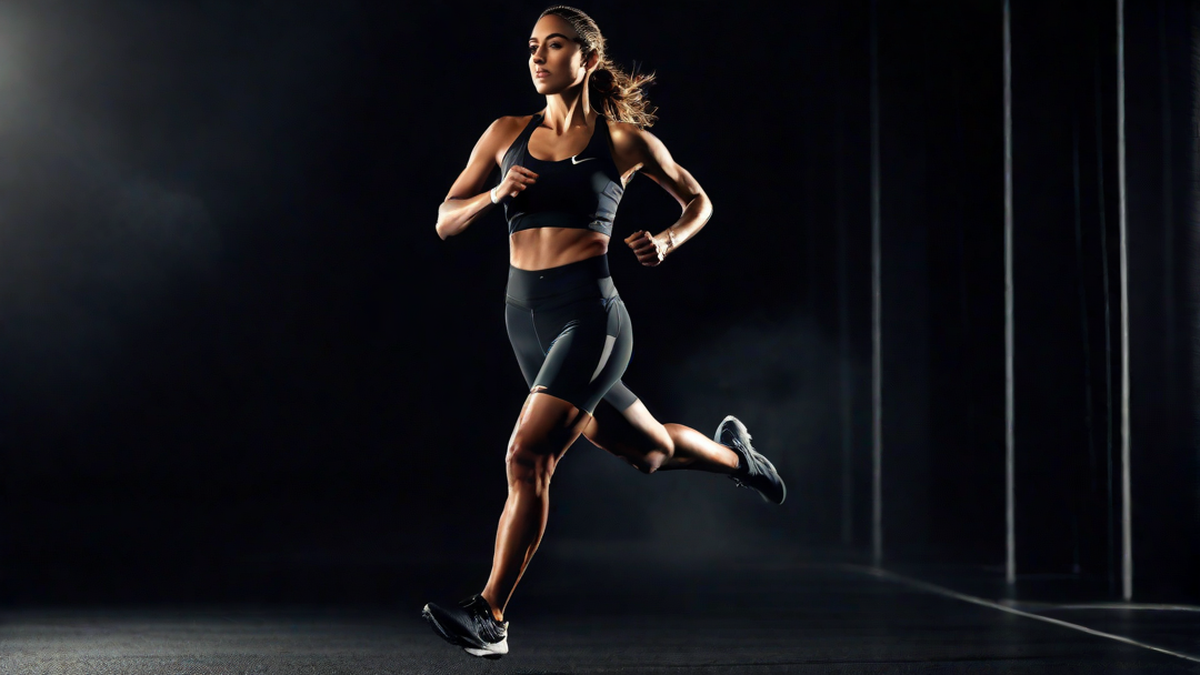As a runner who is passionate about staying fit and maintaining a balanced physique, the question “will running grow my glutes?” is one that I’ve encountered numerous times. Let’s delve into this topic and explore the impact of running on the development of glute muscles.
The Role of Glutes in Running
First and foremost, it’s essential to understand the significance of the gluteal muscles in running. The glutes are among the most powerful muscles in the body and play a crucial role in our running mechanics. They are responsible for hip extension, which is a primary movement in running. Strong glutes contribute to improved running efficiency, power, and overall performance.
Running and Glute Development
When it comes to growing your glutes through running, the impact isn’t as significant as with targeted strength training exercises. While running certainly engages the glute muscles, the emphasis is more on endurance and cardiovascular fitness rather than muscle hypertrophy. This means that although running can contribute to muscle toning and overall lower body strength, it may not lead to considerable growth in the gluteal muscles.
Adding Resistance to Enhance Glute Engagement
However, there are strategies to optimize glute engagement while running. Incorporating hill runs, sprint intervals, and resistance training into your running routine can place greater emphasis on the glute muscles. Uphill running, in particular, demands more power from the glutes and can contribute to enhanced muscle activation and potential growth over time.
The Importance of Strength Training
For individuals seeking significant growth in their glutes, it’s paramount to complement running with targeted strength training exercises. Movements such as squats, lunges, deadlifts, and hip thrusts are highly effective in targeting and stimulating the gluteal muscles for hypertrophy. Integrating these exercises into your fitness regimen alongside running can lead to a more comprehensive lower body development.
Optimizing Glute Health
Regardless of the potential impact on glute growth, running can contribute to the overall health and functionality of the gluteal muscles. The repetitive motion of running can aid in promoting gluteal endurance, stability, and co-ordination, which are integral for injury prevention and long-term athletic performance.
Conclusion
In conclusion, while running plays a vital role in maintaining lower body strength and overall fitness, its direct impact on significant glute growth may be limited. To achieve substantial development in the gluteal muscles, a well-rounded approach that includes targeted strength training alongside running is recommended. Ultimately, embracing a balanced combination of running, resistance, and strength training exercises can lead to a harmonious and well-developed lower body.

